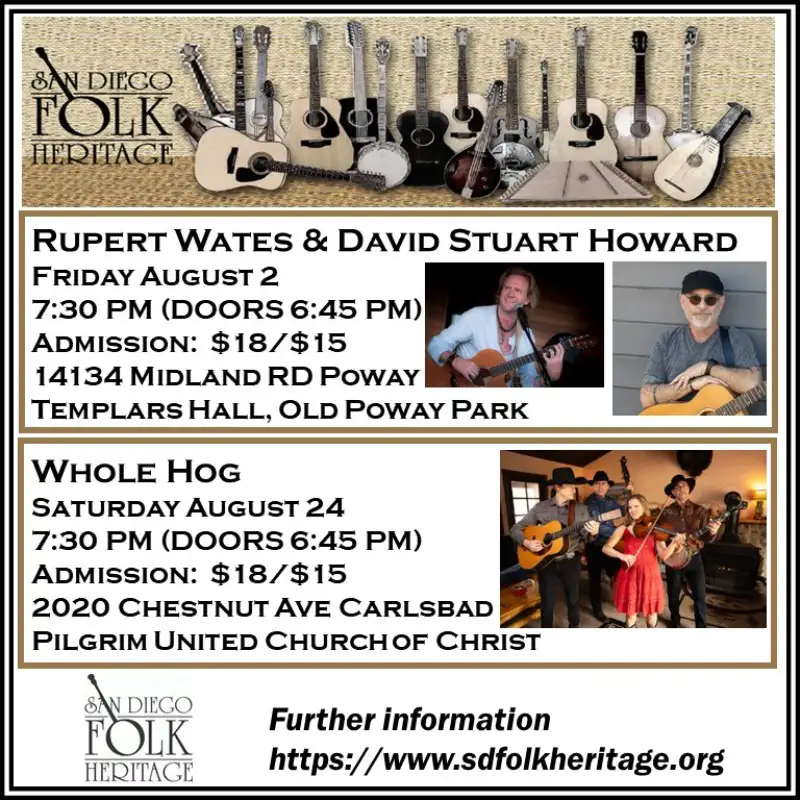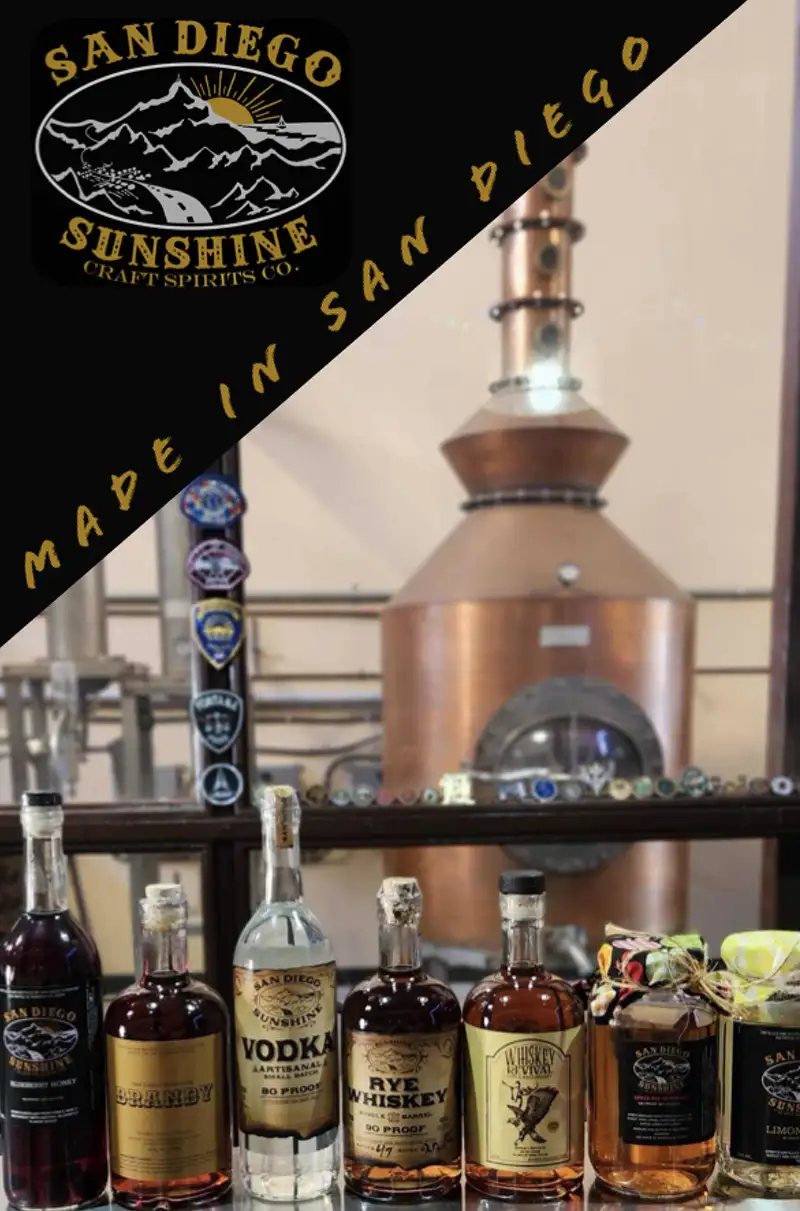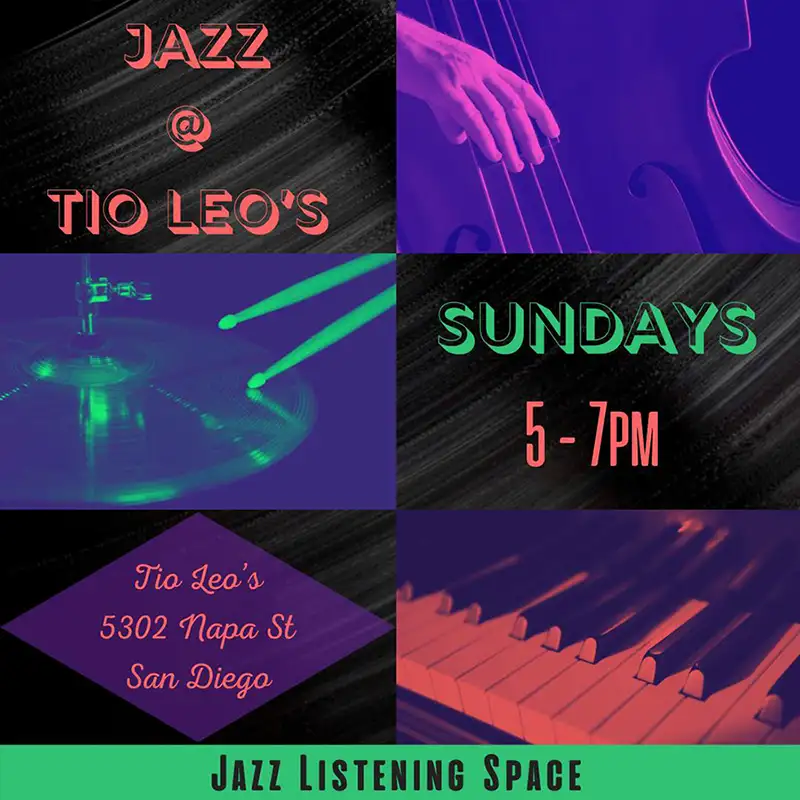Unsolicited Advice
Open Letters, Part 2: An Open Letter to Music Makers
Dear Music Maker:
Last month I addressed our audiences. This month I am talking to us.
What we get to do for a living is fundamentally amazing. We put sound into the air, and it’s received by people as A Thing in the World. It is intimate and personal to them, yet simultaneously a generalized change in the barometric pressure for everyone within earshot. We change the weather!
When the music we make is made with others, each of our own little micro-storms rises into the air, meets everyone else’s, and becomes a single thing that is bigger than all of us. It’s both because of and independent of any of the people who contributed to it. It’s magic. We are wizards.
As musicians, we must always remain grateful to our audiences, venues, and other employees for helping make this wizardry happen. Yet, as a sub-species, our kind sometimes struggles with this. In fact, we often specifically defy it. For a group of people who so uniquely get to enjoy a career built on superpowers, we can sure be dweebs about it.
So herewith, some items to consider next time you are making music for others.
1. This is a job. Treat it like one.
Yes, musicians are chronically devalued by society and the venues we play in. But let’s be honest: we’ve earned some of our worst treatment. We show up perilously close to showtime, drink on the job, swear on the mic, and work for tacos or less. This is a profession you have sacrificed decades to enjoy; handle yourself like a professional. Don’t help the clubs continue to compensate us and the public continue to estimate us at levels below our worth.
As a general rule, if you wouldn’t do it at an office job, don’t do it on a gig. That means:
Be nice to your co-workers.
I don’t mean the other people in the band, though of course you should be nice to them too. I mean the other people who work at the venue.
Security, the box office, the sound engineer, the door people, the bartender, the house manager…they are paid like crap, much worse than we are. The last thing they need is for us to punch down on them too. Not to mention, their feedback is crucial to your career advancement. See them as colleagues instead of obstacles.
Our job starts the second we arrive at the venue and ends the second we leave. Spend your time there being an ambassador for not just your band, but for musicians in general. Be nice to the person who unlocks the venue door for you. Be nice to the sound engineer—you do not have a show without him or her. Be nice to the bartender you order your drink from, and tip prodigiously. Be the model for how you would like musicians treated in general.
The rest of the normal job requirements apply as well:
- Show up on time, ready to work.
- Be easy to find.
- Dress for how you want to be treated.
- Don’t get drunk, vandalize, insult, complain, rage, harass, etc.
- Don’t insult your “customer” (your audience), even if you think they’ve earned it.
That last bullet is particularly important. Because remember…
2. Your audience already likes you.
This is the single biggest lesson I wish every performer knew. As performers, we think there is a room full of people waiting for proof of their suspicion that we are not up to the task. In fact, the second we walk on stage, the audience already likes us. They are on our side. They’re there, we’re on stage (or in our corner of the room), the relationship is already established. We had them at “check one two.”
No matter how busy the Douchebag Inside Your Head might be, the version of you that is performing has to be excited to share what you’ve got with the audience. The best performers make the audience members—whether it’s two or 200 or 21 thousand—feel like everything that’s happening, could only happen right now, for them and with them.
This can be hard. Audiences are challenging, circumstances are unpredictable, we’ve gotten here through any number of indignities and difficulties. But:
3. No matter how many people we hear talking or see texting, someone is listening to us.
Actually, everyone is. Or rather, even the people talking and texting will notice if we “give up” and start phoning it in. There is someone in every room who has never heard us before, and that’s the person you have to play to, every night. And if you need to make up that person’s existence in your head, that’s fine too. Just don’t use the audience as an excuse for your worst impulses as a performer.
Yes, talking and texting are distracting and disheartening. Yes, our pay is probably too low for the evening. I spent a whole column on this last month.
But we still signed up to be there. Our job is not over by virtue of showing up—anyone can do that. Our job starts when we show up. Then we give our best to whoever hired us and came to see us.
Engage the talkers. Ask a question. Compliment them on something they are wearing. We have no career without them, which means if they are going to talk anywhere, we want it to be there. And if they are talking instead of listening because we’ve lost them, we need to be grateful to them for helping us get better at what we do.
Remember, we are there for the audience, not the other way around. We do not exist without someone to hear us. We’re the Chuck Taylored tree in the forest. They’ve done their part: they’ve shown up. Now it’s up to us to do ours.
4. But also, no one is really listening as closely as we think.
We musicians can sometimes benefit from a healthy dose of Get Over Ourselves. I once played a duo gig, me on piano and someone else on guitar. There was a couple at the table closest to us watching/listening to every song. They made requests and I believe maybe even danced a bit. They were the most engaged listeners in the room.When we were done, the female half of the couple chased me out the door and spilled out a litany of compliments. She was effusive about the songs we played and the way we played them. She and her husband were music lovers, she explained. Then she asked for my contact information so we could play at a private party they were throwing in a few weeks. I gave her my number, and she said, “Thank you. And remind me, were you the sax player?”The moral is, even people who are paying attention are not hearing what we hear. The woman who left a piano and guitar duo believing there had been a sax player, loved the show she saw. So, remember that our audiences use different rubrics than we do to judge how they like us. That should remind us not only that we can relieve our minds of the fear that a bum note here and there will end humanity as we know it, but also that:
5. Every part of our show, is our show.
As musicians, we think our songs are our product and the rest is some kind of necessary but unrelated evil. We’re wrong. The songs are the bricks. The rest—the clothes we wear, the manner in which we conduct ourselves, the stories we tell, the words/language we use—is mortar. We need both. All are equally a part of “us,” for our audience and for the venue. They tell our audience what to think of us—and what we think of them. So…
5a. Practice your stage patter and presence.
If your stage talk runs to the babbly or inane, or your presence involves a lot of awkward self-directed tics, do what you do with every other part of your performance: practice it. Of course you’re not good at it! You only get to try it out when you play gigs, which is much less often than you practice or play your own songs (right??). So, write your patter out, just like you do your songs. Then set up a camera at home and see how you come across when you say the words you wrote. Then rewrite and “reblock” it and do it again. Do it until you feel as natural delivering the words as you do playing and singing the songs they relate to. You don’t have to be good at this right now. You probably aren’t. But the only way to get better at it is to do what you did with the songs you are playing: practice.
But also…
5b. You don’t have to talk between songs.
If this is a strength of yours, or could be with practice, by all means, have at it. But don’t forget: you don’t have to say a word except “hello” and “thank you.” You wouldn’t put sword swallowing or lion taming in your show if you didn’t do it well. So don’t engage in the high-wire act of public speaking if it’s not up to par either. Be the act that only plays music and says goodnight. Or do the radio DJ thing and just let people know the titles of the songs so they can find them later. Or bring a UPC for people to scan and let your landing page convey the rest.As the performer, our job is to do hard stuff well… or keep it in the can until you pull it off in a way that makes the audience feel you’ve given them your best, even if they aren’t entirely at their best.
And, finally:
6. If you don’t enjoy this job, you should have a real job and not enjoy that instead.
Holy crud, dweebs–do you fully grasp what we get to do for a living? We’re all music fans; it’s how we all got started. And now we get to be the people that others listen to. And we still get to listen to music, ourselves, all day long. This is a dream job!That doesn’t mean it’s not hard. Of course, it’s hard. It’s excruciating. Nothing done well, isn’t. Muggles don’t always know the investment involved in playing music professionally—mental, physical, financial, temporal.But it’s never bad.
When I hear musicians complaining about gigs or various components of them, all I can think is, “just go get a real job and hate that instead.” You’d have a paycheck and insurance and a pension and social acceptance, you’d get to bed at a normal time, you’d have money for all the musical equipment you could ever want, and you’d never have to deal with what’s hard about our work ever again. We have to be doing this very hard job because we can’t not do it.
In Arabic music there is a concept called Tarab, a sort of transcendent state arrived at by musician and listener together as co-creators of a shared musical moment. When we make music, we help create tarab. What happens in that moment, with this audience and these musicians in this space, is singular. It can never happen again, by definition, because it will never be “now” again.
It is amazing.
We have to be in this for what happens in the now, each time it arises. Audiences are humans too; they know if someone is disgruntled or on autopilot. If you can’t find the part of you that still finds wonder at what we get to for a living, it’s time to put in for free agency. And if you can find it, your audience will know that too, and will love you for it every time.
Even if that love comes between texts or during invisible sax solos.
Is there something I should offer unsolicited advice about in future columns? Shoot me a line via the contact form at joshweinstein.com and let me know.






